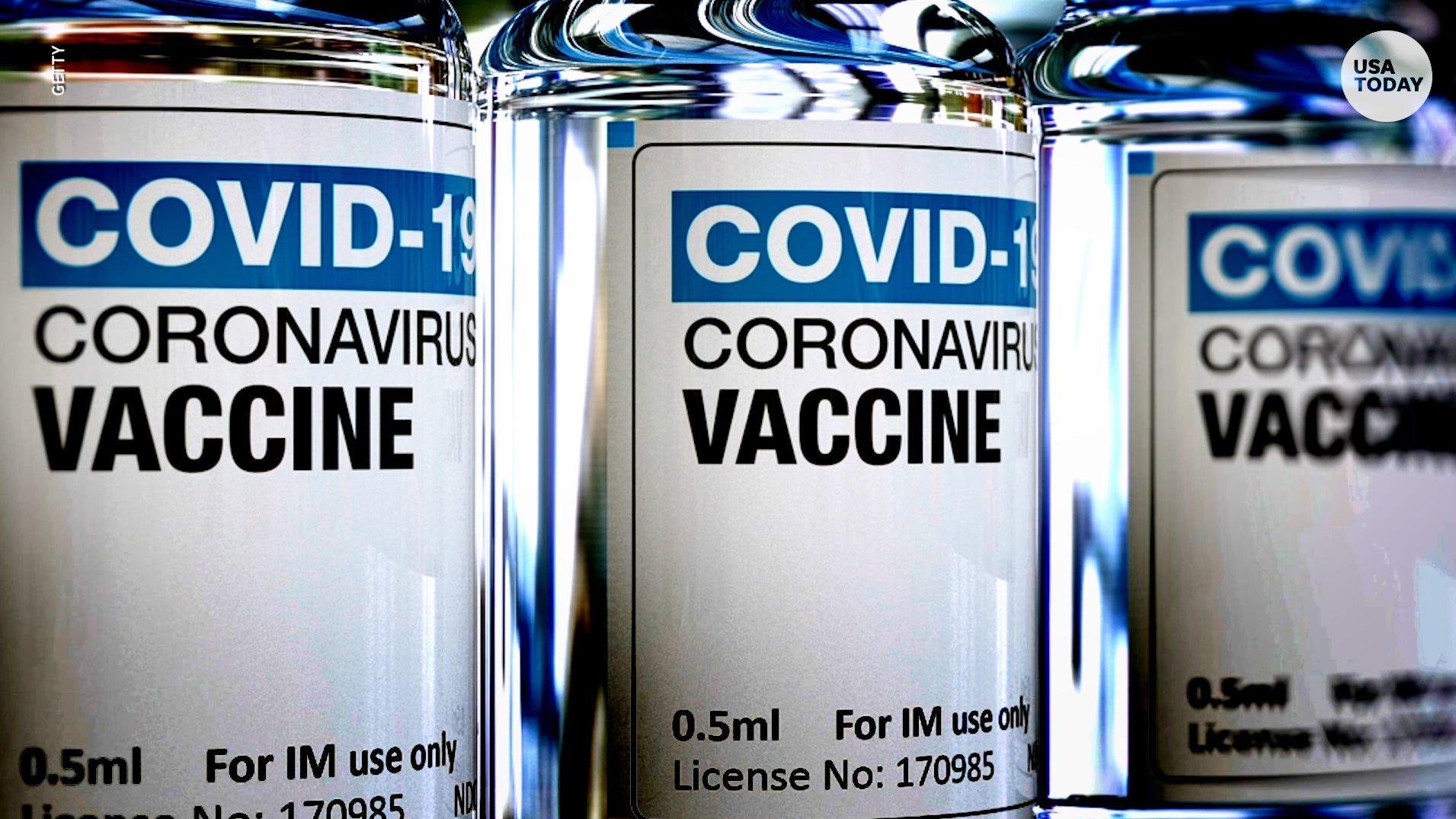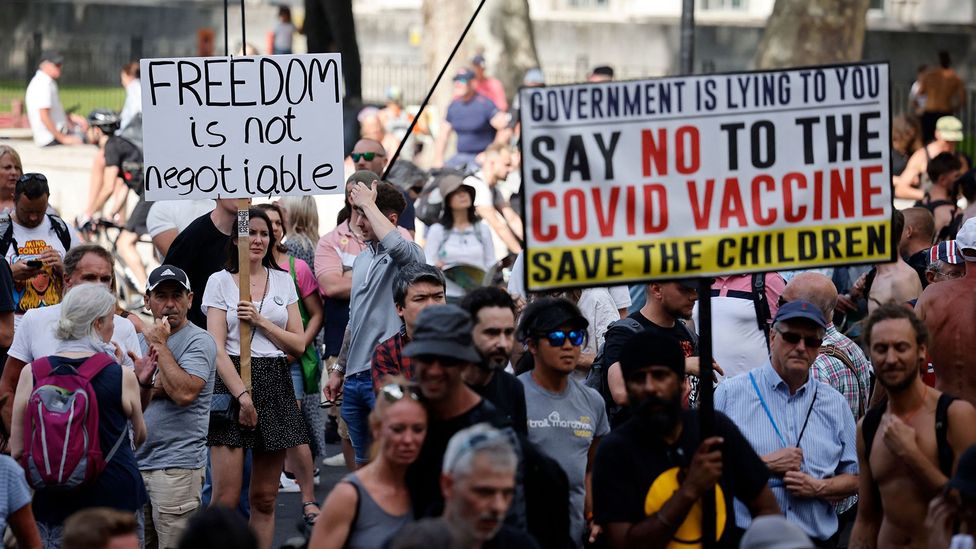In a world where the threat of a zombie apocalypse looms large in popular culture, the idea of a vaccine as humanity's ultimate safeguard becomes increasingly fascinating. Imagine a scientific breakthrough capable of saving millions of lives and averting global chaos. This is not merely the stuff of science fiction—it is a concept deeply rooted in real-world science and innovation. The idea of "my vaccine can save the world from zombies" is no longer a far-fetched dream but a compelling reality worth exploring in depth.
As global health crises continue to evolve and challenge our preparedness, humanity must remain vigilant against the unexpected. Whether it's a viral outbreak or a speculative zombie pandemic, vaccines remain one of the most powerful tools in protecting lives. This article delves into the science behind vaccines, their potential application in combating hypothetical zombie outbreaks, and the importance of proactive scientific research in safeguarding the future.
By gaining a deeper understanding of how vaccines function, we can better appreciate their role in preventing not only known diseases but also speculative scenarios like a zombie apocalypse. Join us as we explore the possibilities and discover how cutting-edge science can protect us from the unknown.
Read also:Meghan Markle And Prince Harryrsquos Royal Baby Journey A Modern Twist
Table of Contents
- Introduction
- Understanding Zombies
- Vaccines Explained: How They Work
- The Zombie Virus Theory
- Could a Vaccine Combat Zombies?
- Current Research on Zombie Vaccines
- Ethical Considerations
- Economic Impact of a Zombie Vaccine
- Public Awareness and Education
- Conclusion
Understanding Zombies
Before exploring the concept of "my vaccine can save the world from zombies," it is crucial to understand what zombies truly represent. In popular culture, zombies are often depicted as reanimated corpses driven by an insatiable desire for human flesh. While this portrayal is fictional, the idea of a zombie-like virus has been explored in scientific literature, sparking intriguing discussions about its plausibility.
From a scientific perspective, a zombie-like condition could arise from a neurodegenerative disease or a highly contagious virus that alters brain function. Understanding the biological mechanisms behind such conditions is essential for developing effective countermeasures, including vaccines. This exploration bridges the gap between fiction and science, offering valuable insights into potential real-world applications.
Historical References to Zombies
The concept of zombies dates back centuries, with its roots deeply embedded in Haitian folklore and voodoo practices. Over time, modern interpretations have evolved through literature and media, painting a more scientific and plausible picture. Movies like "28 Days Later" and "World War Z" have popularized the idea of a viral outbreak causing zombie-like symptoms, fueling public imagination and scientific curiosity.
Vaccines Explained: How They Work
Vaccines are sophisticated biological preparations designed to stimulate the immune system to recognize and combat pathogens effectively. They work by introducing a harmless component of the pathogen or a weakened form of it into the body. This triggers an immune response, enabling the body to build immunity without succumbing to the disease itself.
Vaccines have played a pivotal role in eradicating devastating diseases such as smallpox and significantly reducing the spread of others like polio and measles. The same scientific principles could theoretically be applied to a hypothetical zombie virus, offering hope for humanity's preparedness against such speculative threats.
Types of Vaccines
- Live-attenuated vaccines: These utilize a weakened form of the pathogen to stimulate immunity.
- Inactivated vaccines: These employ killed versions of the pathogen to achieve the same effect.
- Subunit, recombinant, or conjugate vaccines: These focus on specific parts of the pathogen to trigger an immune response.
- mRNA vaccines: These teach cells to produce a protein that triggers an immune response, offering a cutting-edge approach to vaccine development.
The Zombie Virus Theory
The idea of a zombie virus has captivated the minds of scientists and fiction writers alike. While no such virus exists in reality, the concept raises thought-provoking questions about the potential for a highly contagious pathogen to cause widespread neurological damage. Scientists have studied diseases like rabies, prion diseases, and neurotoxins to better understand their effects on the brain.
Read also:When Harry Met Sally Celebrating 30 Years Of Friendship And Romance
Prion diseases, such as Creutzfeldt-Jakob disease, cause progressive degeneration of brain tissue, leading to symptoms reminiscent of those depicted in zombie lore. Similarly, rabies affects the central nervous system, inducing aggression and altered behavior, offering a fascinating parallel to the fictional depiction of zombies.
Could a Real Zombie Virus Exist?
While the existence of a true zombie virus remains speculative, the potential for a highly infectious disease to cause zombie-like symptoms cannot be entirely dismissed. Advances in virology and genetics have made it possible to engineer pathogens with specific traits, raising significant ethical concerns about biosecurity and the implications of such research.
Could a Vaccine Combat Zombies?
In the hypothetical scenario of a zombie virus emerging, a vaccine could play a critical role in halting its spread and mitigating its impact. By thoroughly understanding the virus's structure, behavior, and mode of transmission, scientists could develop a vaccine tailored to neutralize it. The focus would likely center on preventing neurological damage and halting the virus's propagation.
Collaborative efforts between governments, research institutions, and pharmaceutical companies would be essential in ensuring the rapid development and equitable distribution of such a vaccine. This underscores the importance of global cooperation and resource sharing in addressing potential health crises.
Challenges in Developing a Zombie Vaccine
- Time constraints: Rapid development is critical in preventing widespread infection and minimizing its impact.
- Resource allocation: Ensuring sufficient funding and infrastructure for vaccine production is paramount in addressing global health challenges.
- Public trust: Addressing concerns about vaccine safety and efficacy is essential in fostering widespread acceptance and compliance.
Current Research on Zombie Vaccines
While no formal research exists specifically on zombie vaccines, studies on related diseases provide invaluable insights into potential strategies. Scientists continue to investigate the mechanisms behind neurodegenerative diseases and viral infections, paving the way for innovative treatments and preventive measures. Collaborations between virologists, neurologists, and epidemiologists are crucial in advancing this field and preparing for future challenges.
Organizations such as the World Health Organization (WHO) and the Centers for Disease Control and Prevention (CDC) play a vital role in monitoring emerging threats and coordinating global responses. Their efforts ensure that humanity remains prepared for any potential outbreak, whether fictional or real.
Notable Studies
- Research on rabies vaccines and their potential applications in neurological diseases, offering promising avenues for exploration.
- Studies on prion diseases and their implications for brain health, shedding light on the complexities of neurodegenerative conditions.
- Advances in mRNA technology for rapid vaccine development, revolutionizing the field of vaccinology and enhancing preparedness for future threats.
Ethical Considerations
The development of a zombie vaccine raises profound ethical questions that must be carefully addressed. Ensuring equitable access to vaccines, particularly in low-resource settings, is paramount in promoting global health equity. Researchers must navigate the complexities of bioethics, ensuring that experiments and clinical trials adhere to the highest ethical standards.
Public engagement and transparency are essential in building trust and addressing concerns. Governments and organizations must prioritize ethical considerations in all aspects of vaccine research and distribution, fostering a culture of responsibility and accountability.
Economic Impact of a Zombie Vaccine
The economic implications of a zombie outbreak would be catastrophic, leading to widespread disruptions in global markets and supply chains. Developing a vaccine could mitigate these effects by preventing the spread of the virus and restoring public confidence in health systems and economies.
Investing in vaccine research and infrastructure is a cost-effective strategy in the long term, offering significant returns in terms of public health and economic stability. Governments and private sectors must collaborate to ensure adequate funding and resource allocation for such initiatives, safeguarding the future of global health.
Public Awareness and Education
Raising public awareness about the importance of vaccines is essential in combating misinformation and promoting health literacy. Educational campaigns should focus on the science behind vaccines, their safety, and their role in protecting communities from both real and speculative health threats.
Media outlets, schools, and healthcare providers can play a significant role in disseminating accurate information and addressing common misconceptions. By fostering a culture of informed decision-making, we can better prepare for future health challenges and ensure the well-being of communities worldwide.
Conclusion
The concept of "my vaccine can save the world from zombies" underscores the immense potential of science and innovation in addressing both hypothetical and real-world health crises. While the idea of a zombie apocalypse remains speculative, the principles behind vaccine development are firmly grounded in rigorous scientific research. By understanding the mechanisms of vaccines and their applications, we can better prepare for any potential threat, fictional or otherwise.
We invite you to share your thoughts and insights in the comments section below. Your feedback is invaluable in shaping the future of vaccine research and education. Additionally, explore our other articles to learn more about cutting-edge developments in health and science, and how they impact our world today.


